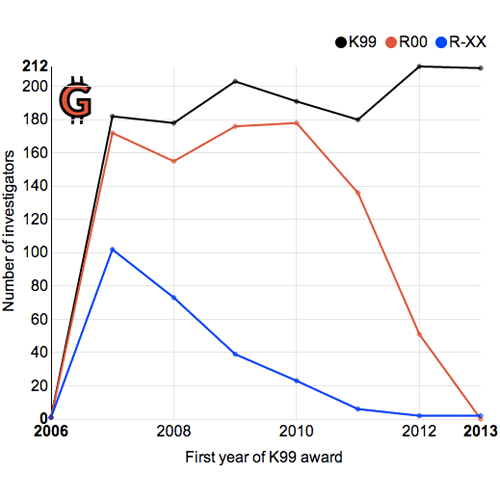Fixes#
It looks like the >= symbol is being interpreted incorrectly by your shell. Try enclosing the version specification in quotes. Here’s how you can do it:
pip install "sphinx>=5.0"
We are caught in a dependency conflict due to the required versions of sphinx and other extensions. Let’s take a different approach:
Uninstall all currently installed versions.
Install compatible versions of the packages together, ensuring there are no version conflicts.
Let’s uninstall the current packages again:
pip uninstall sphinx sphinx-panels jupyter-book sphinxcontrib-applehelp sphinxcontrib-devhelp sphinxcontrib-jsmath sphinxcontrib-htmlhelp sphinxcontrib-serializinghtml sphinxcontrib-qthelp sphinx-design sphinx-external-toc pydata-sphinx-theme sphinx-jupyterbook-latex sphinx-book-theme myst-nb myst-parser
Next, install the correct versions together:
pip install "sphinx>=5.0,<6.0" sphinxcontrib-applehelp sphinxcontrib-devhelp sphinxcontrib-jsmath sphinxcontrib-htmlhelp sphinxcontrib-serializinghtml sphinxcontrib-qthelp sphinx-design "sphinx-external-toc<2" "pydata-sphinx-theme>=0.15.2" "sphinx-jupyterbook-latex<2" "sphinx-book-theme>=1.1.0,<2" "myst-nb<3" "myst-parser<3" "jupyter-book>=0.12.0" "sphinx-thebe>=0.3,<1" sphinx-panels
This command should install compatible versions of the required packages. If there are any issues during installation, we will need to adjust the versions accordingly. Once installed, try building your Jupyter Book again:
jb build nia/book/website
If further adjustments are needed, please let me know.
Top Tip
The Turing Way is not meant to be read from start to finish. Start with a concept, tool or method that you need now, in your current work. Browse the different guides that make up the book, or use the search box to search for whatever you would like to learn about first.
All stakeholders from any level of experience or domain expertise are encouraged to use The Turing Way to understand their roles and responsibility of reproducibility in data science and research. You can inspect our resources on GitHub, contribute to the project as described in our contribution guidelines and re-use all materials (see the License).
In the Foreword Section of this book, we provide meta-level information about The Turing Way, including guidance on how to use and navigate this project, how to cite the book and opportunities to get involved.
Fig. 1 The Turing Way project illustration by Scriberia. Zenodo. http://doi.org/10.5281/zenodo.3332807#
The book is collaboratively written and built in the open from the start. You can explore different opportunities to get involved on the start page. Join our Slack Workspace to connect and discuss your ideas and subscribe to our newsletter to follow updates from our community.
Different Pathways#
Our Community#
The Turing Way community is dedicated to making collaborative, reusable and transparent research “too easy not to do”. That means investing in the socio-technical skills required to work in a team, to build something more significant than any individual could deliver alone.
The Turing Way is:
a book
a community
a global collaboration
We hope you find the content in the book helpful. Everything here is available for free under a CC-BY licence. Please use and re-use whatever you need, for any purpose.
The Turing Way receives support and funding from The Alan Turing Institute, however, the project is designed to be a global collaboration. We have contributions from across the UK, and from India, Mexico, Australia, the USA, and many European countries. Chapters have been written, reviewed and curated by members of research institutes and universities, government departments, and industry. We are committed to creating a space where people with diverse expertise and experiences can share their knowledge with others, together supporting each other in using data science to improve the world.
Translation
Call for translators! We’re looking for contributors to help translate this space for everyone! Read more about our translation workflow and how you can contribute to it in the translation chapter.
We value the participation of every member of our community and want to ensure that every contributor has an enjoyable and fulfilling experience. Accordingly, everyone who participates in The Turing Way project is expected to show respect and courtesy to other community members at all times.
Learn more about our community members and community-level approaches in the Afterword of this book.
To make this project truly accessible and useful for everyone, we invite you to contribute your skills and bring your perspectives into this project.
To join this community, please read our contribution guidelines with ways to get in touch. All contributions must abide by our code of conduct. More information about the community, participation process and project management is available in the Community Handbook.
We look forward to expanding and building The Turing Way together.
